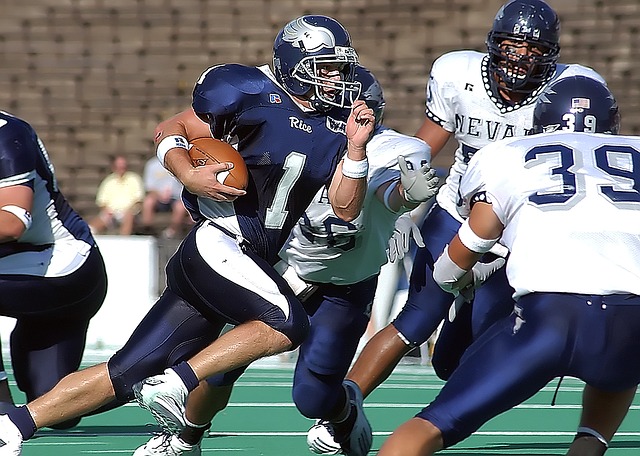How Coronavirus Has Changed The College Football Scene
The month of August saw the cancellation of all sports by the Big Ten as well as the Pac12 conferences. This included college football. The good thing was that the major football seasons still haven’t been canceled.

Later on, the Big Ten announced that all fall sports were going to be postponed and there was a likelihood that they would resume in spring. The decision was brought about because we are unaware of the risks that playing the games would pose to the athletes. According to sources, this was the onset of the downward spiral that would affect college football.
The cancellation is seriously going to affect the university athletic departments’ revenue stream as college football accounts for a significant portion of the revenue generated. For instance, Oregon State University generates about 80% of the athletic department income from college football.
Simply put, there would be a huge financial setback for college football held at a stadium without fans around due to the lockdown. And what’s more, the bigger the stadium the more money will be lost.
The NCAA offered guidelines to university member conferences concerning the current situation. According to the NCAA, students should have the liberty to opt-out of athletics without the fear of losing their scholarship. Furthermore, the school should also not ask the athlete to waiver the legal right to sue the institution.
That said, the enforcement of these guidelines has been left to the various institutions. While some of them agree, others are not willing and have mixed emotions to implement them.
The most drastically affected are the players themselves with some of them having contracted the COVID 19 virus and having to suffer major physical setbacks. Most schools are testing players that show signs of COVID 19.
Another major factor of concern is that players themselves are skeptical about other fellow players returning. In one case that showed a spike in the number of COVID 19 cases, it was followed by a temporary shutdown of practice.
Some of the players that have contracted the virus have shared their experiences claiming that even after recovering, the after-effects are highly counterproductive. For instance, there is a loss of smell and taste which means that players may lose their appetite and end up losing weight. In college football, this is highly important.
Moreover, other players cite heart complications causing them to opt-out of the games. When healthy players see this, they are gripped with fear and decide to opt-out of the season.
That said, nothing can really be assured and the only way to deal with the issue in college football is to mitigate the risks.
Final Word
While there are measures being taken to mitigate risks, some players are opting out of the season so as to protect their interests as well as those of family and communities around them. The coronavirus has drastically affected sports as well as sports betting such as college football lines.
How Coronavirus Has Changed The College Football Sceneto SEC Football
| Share this page: | ||





New! Facebook Comments
Leave a comment about this article in the box below and share it with your Facebook friends.